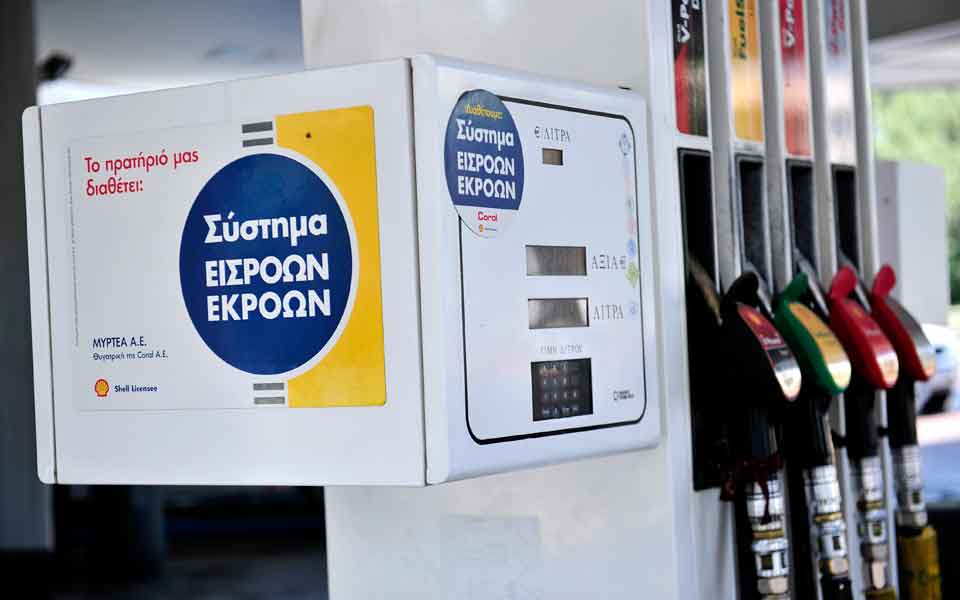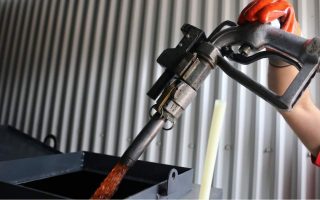Quarter of fuel stations cheat
In Attica 27% of gas pumps are tampered with, costing consumers 120 mln euros per annum

Phenomena of delinquency in the fuel market are increasing, putting a multiple burden on consumers and the state and forcing law-abiding companies out of the industry due to unfair competition.
An investigation by the National Technical University of Athens into problematic deliveries at fuel stations in Attica found extremely worrying results in the sector, due to gas stations with tampered pumps that deliver smaller quantities than what consumers pay for.
More than 50% of fuel sales in Greece take place in Attica, and, according to the survey, 27% of fuel stations deliver deficient quantities to their customers at a rate that reaches up to 24% and for the majority of the sample at 10%.
In recent years delinquency has been growing, both in the number of gas stations and in deficient deliveries. The percentage of delinquent gas stations climbed from 4% in 2011 to 15% in 2016, 19% in 2019, 20% in 2021 and a shocking 27% in 2023, recording a 35% increase in the last two years.
Accordingly, the percentage of short deliveries rose from 2-7% in 2011 to 10% in 2016, 17% in 2019, 20% in 2021 and 24% last year, recording a 30% increase in the last three years.
The research also estimates the amounts of fuel consumers have lost: Even if we assume that the gas stations in the rest of Greece are completely legal and that only 300 (corresponding to 27% of all the gas stations in Attica and Thessaloniki) are in violation, with average annual sales per infringing station of 2,500 metric tons, consumers lose 120 million euros annually. For every additional 50 offending service stations consumers lose €20 million and for every 500 metric ton change in sales of the offending service stations they lose another €24 million. Consumers are not unsuspecting of this theft often carried out in front of their eyes, but they are completely unprotected.
Legislative interventions to combat delinquency remain on paper and the state audit machinery remains fragmented and weak in terms of human resources.





